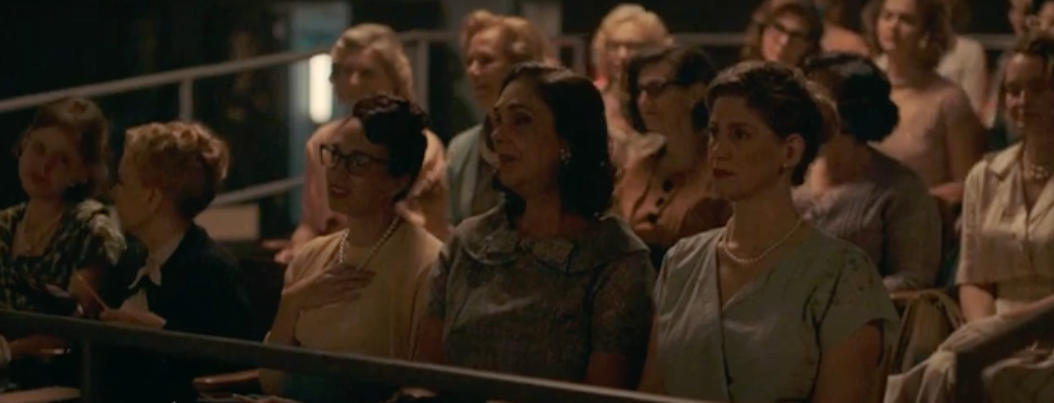Re-Scripting GENDER
Re-Scripting Gender, Work, Family, and Care
As part of our commitment to fostering social change through creative media, we are proud to support the Re-Scripting Gender, Work, Family, and Care initiative led by the Better Life Lab at New America. This ongoing project is dedicated to working with Hollywood to improve narratives about gender, work, caregiving, and family. Spearheaded by the incomparable Vicki Shabo, Re-Scripting Gender, Work, Family, and Care aims to create narrative shifts that elevate the visibility and value of care work, challenge outdated gender norms, and promote policies that support all families. Through this partnership, we hope to amplify stories that celebrate care work, support inclusive policies, and inspire audiences to rethink the way we balance gender, work, family, and caretaking. As these stories reach wider audiences, we believe they will catalyze public demand for policies that protect and empower caregivers, enriching lives and fostering equality.
Why Narrative Change? At Evoke, we believe that to bridge divides rooted in racial, gender, religious, and other inequities, we must shift the stories we tell. Narratives hold immense power in shaping perceptions, policies, and practices that impact everyday lives. Entertainment education—the strategic practice of harnessing the power of scripted storytelling to educate—is a well-established field.
Year: 2022-current
Evoke’s Role: Grantor
Grant recipient: Better Life Lab
about the project
The Re-Scripting Gender, Work, Family, and Care initiative works with entertainment professionals—including writers, producers, and showrunners—to integrate nuanced, realistic caregiving and work-family issues into compelling storylines. These stories highlight the struggles caregivers face in real life and shed light on the broader system-level issues that complicate the balance between work and family by:
-
Current television portrayals often depict caregiving tasks as isolated events. By showcasing characters who navigate the complexities of work and family life, media can help viewers see their own experiences reflected on screen, fostering a sense of community and shared understanding.
-
Many shows still portray women primarily in domestic roles, while men are depicted in professional settings. By debunking the notion that caregiving is solely a personal choice, media can highlight the external pressures and systemic barriers that contribute to gender inequality in the workplace and at home.
-
Media can highlight the need for public policies that support working families, such as paid leave and childcare. For example, successful storylines could reference positive examples of government policies that have improved work-family balance, thereby normalizing the idea that such support is essential for all families.
-
Women, people or color, and people with disabilities are still statistically underrepresented in television. They are also the people most likely to be disproportionately affected by work and care challenges. Their stories are humanity’s stories, and viewers want to see them told.
Sound like we're playing with fire?
We agree, but we take this work seriously. Hear more from our founder, Sabrina Merage Naim, about the gut check she did before funding a narrative change initiative. Listen to her full episode of A Fine Mess with Vicki Shabo.



